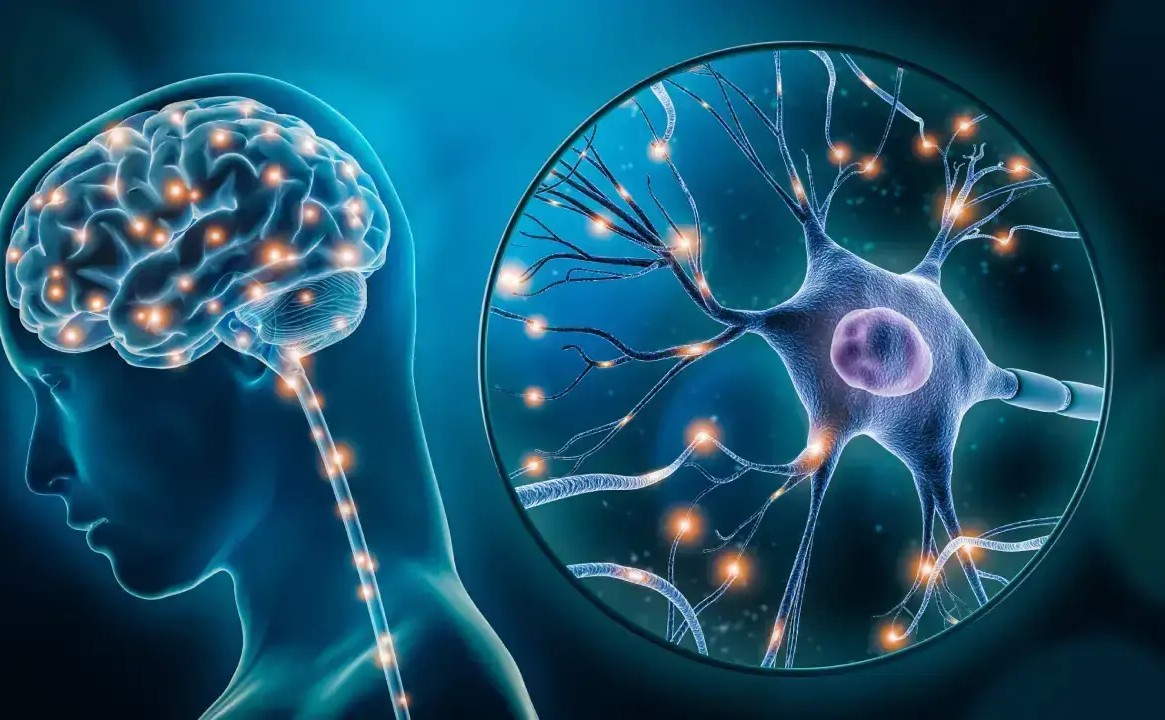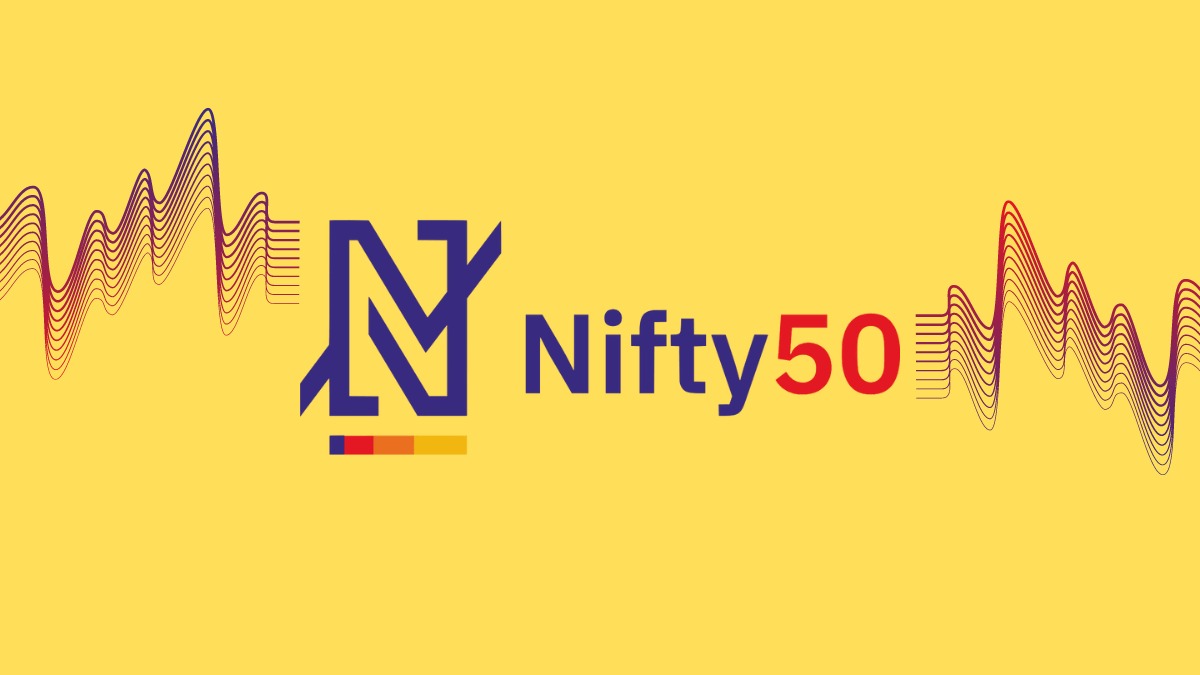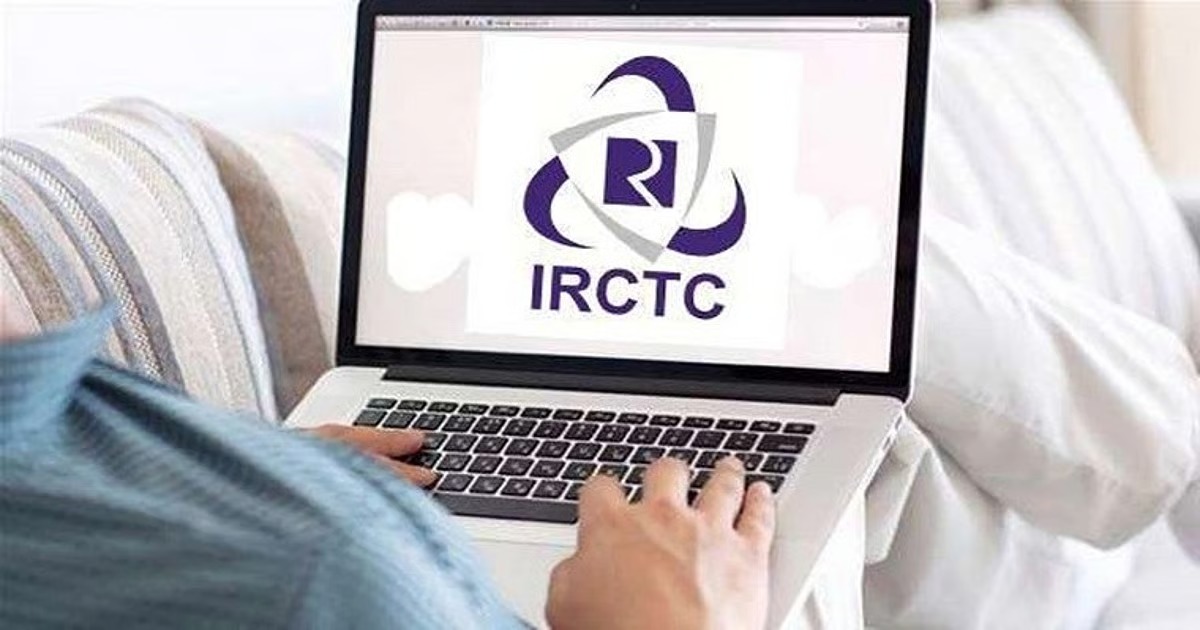
Follow WOWNEWS 24x7 on:

Is the adult human brain more regenerative than we thought? A new study from the Karolinska Institutet in Stockholm has reignited one of neuroscience’s most enduring debates: whether new neurons are born in the adult brain. Using cutting-edge sequencing and machine learning, researchers have uncovered compelling evidence of neurogenesis in the hippocampus — the brain’s memory and learning hub — suggesting that our brains may be more adaptable and self-renewing than previously believed.
Key takeaways from the study:
1. Researchers identified neural progenitor cells and young neurons in adult human hippocampal tissue, pointing to ongoing neurogenesis
2. The study utilized single-nucleus RNA sequencing and artificial intelligence to analyze brain samples from international biobanks
3. These findings challenge the long-held belief that neurogenesis halts after childhood, offering fresh hope for regenerative therapies
Background: A longstanding scientific tug-of-war
For decades, the scientific community has been split on whether adult brains can generate new neurons. The traditional view held that neurogenesis stops early in life, leaving adults with a fixed number of neurons. However, a landmark 1998 study hinted at the possibility of adult neurogenesis in the hippocampus, especially in patients with brain tumors. Critics argued that the observed neuron growth might have been a side effect of the disease itself.
Since then, studies have produced conflicting results. Some found signs of new neuron formation in adults, while others failed to replicate these findings. The debate has persisted, largely due to limitations in technology and sample variability.
What’s new in this study
The latest research stands out for its methodological rigor and technological sophistication:
- Scientists used single-nucleus RNA sequencing to detect gene activity in individual cells, allowing them to identify neural progenitors and immature neurons
- Machine learning algorithms helped classify cell types and developmental stages with high accuracy
- The samples were sourced from diverse biobanks, reducing bias and increasing the reliability of the findings
These techniques enabled researchers to pinpoint cells in the hippocampus that are actively transitioning into neurons — a process previously thought to be rare or nonexistent in adults.
Implications for medicine and mental health
If adult neurogenesis is indeed a natural and ongoing process, the implications are profound:
- It could pave the way for new treatments for neurodegenerative diseases like Alzheimer’s and Parkinson’s, where neuron loss is a key factor
- Mental health conditions such as depression and anxiety, which are linked to hippocampal function, might be better understood and treated
- Cognitive decline in aging populations could potentially be slowed or reversed through therapies that stimulate neurogenesis
This discovery also opens doors for personalized medicine, where treatments could be tailored to enhance brain regeneration based on individual genetic profiles.
Caution and next steps
While the findings are promising, experts urge caution. One study alone cannot settle a decades-long debate. Further research is needed to:
- Confirm the presence and functionality of these new neurons
- Understand the conditions under which neurogenesis occurs in adults
- Explore how lifestyle factors like exercise, diet, and stress influence brain cell regeneration
Clinical trials and longitudinal studies will be crucial in translating these insights into practical therapies.
Final thought
The brain, once considered a static organ post-childhood, may be more dynamic than we ever imagined. This study doesn’t just challenge old assumptions — it invites us to rethink the very nature of human cognition, aging, and healing.
Sources: The Hindu, Live Science, Nature Medicine



